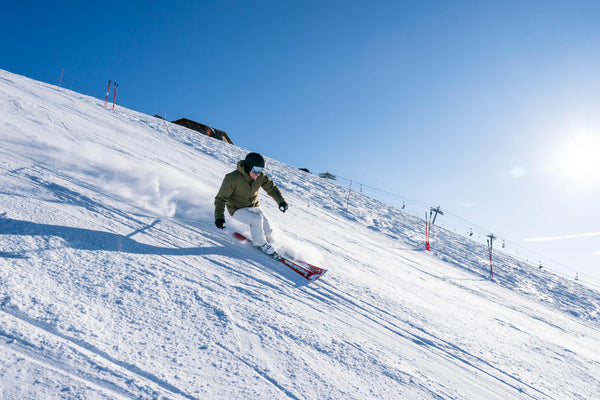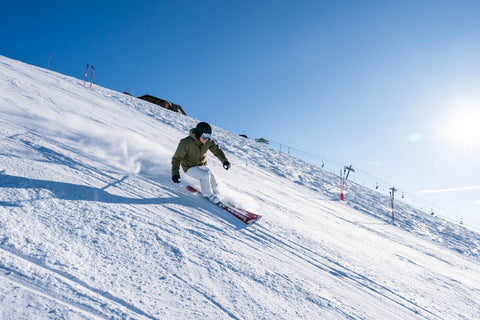
How to Optimize Your Break at the End of the Triathlon Season
Share
How Long Should the Break Be? It's Up to You!
How long should the break be? One thing is for sure: extremes are never good. Let me explain: it's not a good idea to continue to train with no break after the last race of the season, nor do absolutely nothing for the next two months.
What Happens if You Skip the Break?
Don't forget your body definitely needs to rest. It's time to put your feet up and let your body regenerate to avoid injury. The end of the season is the best time for a break because there are no more races programed for a while. You have plenty of time to get going again after a long winter.
I have already tried to keep training after the season to keep up the pace and get ahead. I thought I was going to improve my performance more quickly. I was persuaded that it would help me reach new heights. Of course, during the first winter months I was convinced I was right. Particularly when I saw how fit I was compared with others who had barely started again. But as I said earlier, my body needed to rest and it caught up with me at the worst time: at the beginning of the season: I had no energy or motivation left and suffered from extreme fatigue and recurrent injuries.
The result: I was wrong on all counts. I missed several races. I needed to rest for several long weeks in the middle of the season. And I had a lot of trouble getting motivated again. To sum up, I completely ruined my season.
What Happens if My Break Is Too Long?
In the second case, if you stop training altogether for a long time (two months for example), you lose practically 100% of the physical fitness you spent so long developing. If you stop too long, your body loses all its muscular mass . It might be easy to get into a training routine, but it's just as easy to get used to doing nothing at all.
I've done that too: after a complicated season and moving to another city. I decided to give myself time to adapt to my new environment before doing any sport again. I did my last race in August and started working out again in mid November.
It was a disaster: I didn't recall any of the sensations. I felt like I was starting all over again. And I was breathless within minutes and my muscles were terribly weak. The 6 or 7 pounds I had put on didn't help either and it took me a while to lose them.
It took me practically two months to get fit enough to start a proper training program and plan to participate in a triathlon again. Worst of all, almost all the training sessions during that period were unbearable. It was a long time before I enjoyed doing sport again and I finally understood that taking a break doesn't mean stopping sport altogether.
The Halfway Point: the Winning Formula?
My experience taught me that a break should last between one week and one month. But apart from that, there is no ideal duration for a break. If you had a long season with a lot of triathlons (I know triathletes who race practically every weekend for four or five months), I advise a longer break of about three or four weeks. On the other hand, if you had a short season with few races, a complete break of one or two weeks is probably enough.
That said, there is an indicator which can help you decide: motivation. You will feel it when you want to start again. When you are tempted to get your running shoes out again, it's time to get started again.















